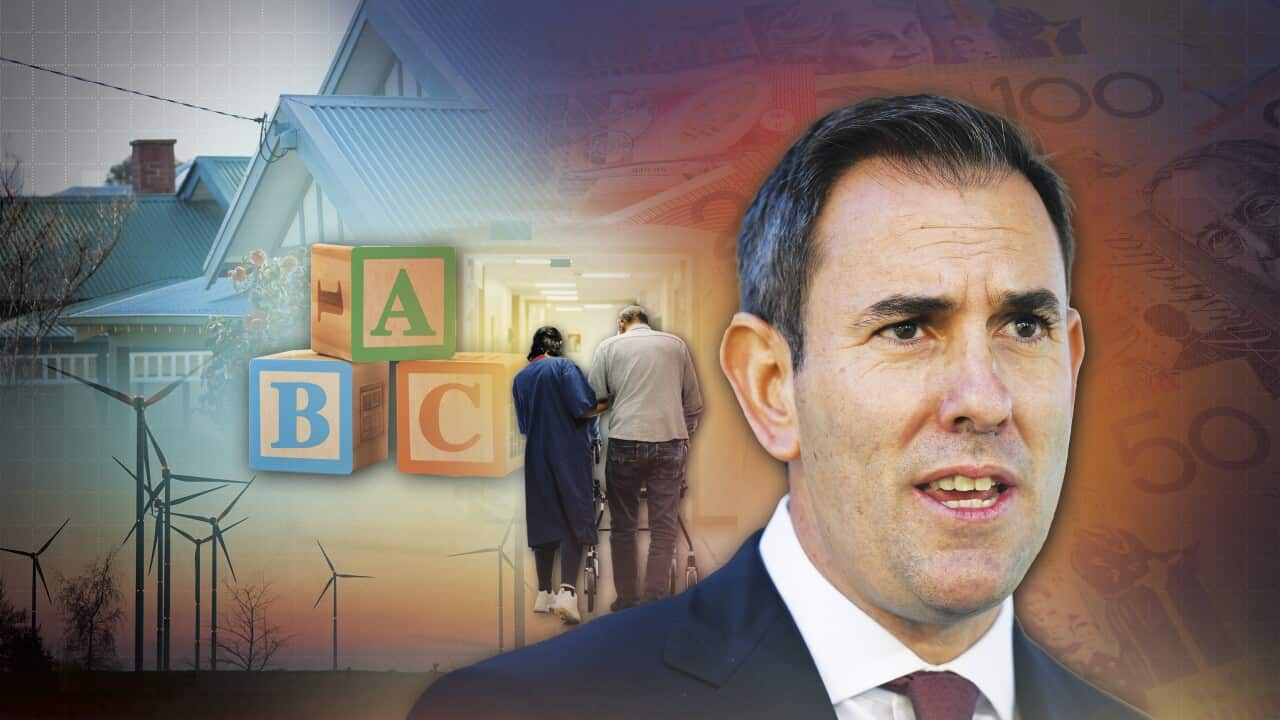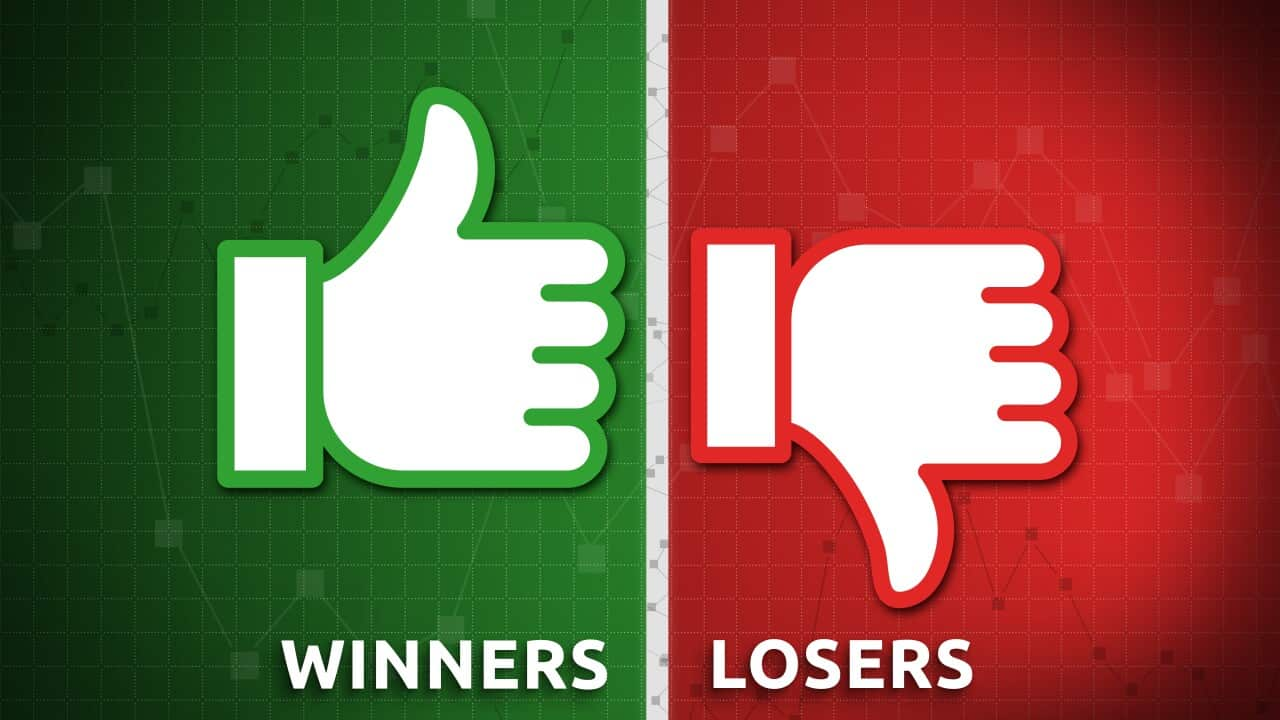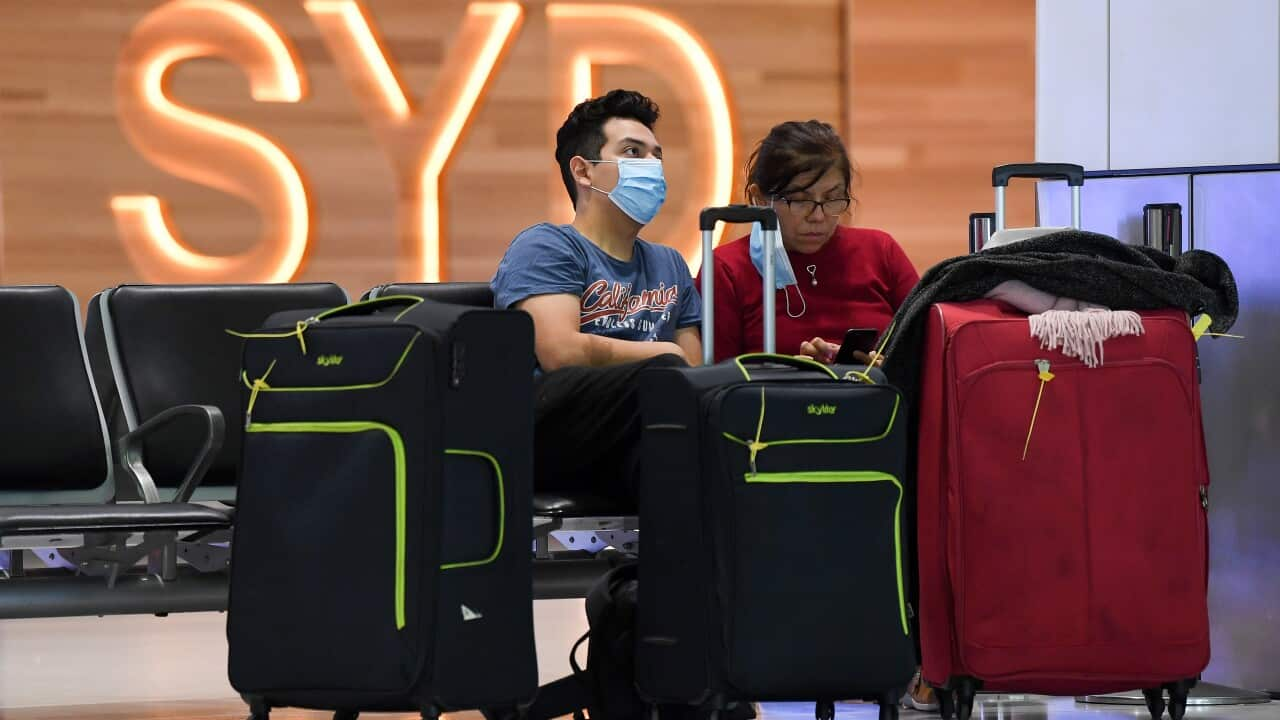KEY POINTS:
- The budget includes a $14 billion cost of living package, including rent relief.
- Changes to the base rate payments of JobSeeker, Austudy, and Youth Allowance have been announced.
- Tuesday's budget is Labor's second since winning office a year ago.
Australians on JobSeeker, households struggling with soaring energy bills, low-income renters and patients will all receive help in a multi-billion-dollar cost-of-living relief package in Tuesday’s budget.
And those hit by successive interest rate hikes can expect to see some relief next year when inflation drops to the "sweet spot" needed by the central bank to take its hand off the rate-hike trigger.

There are many groups who will get more as JobSeeker payments are increased. Source: SBS News
“We seek to strike a considered, methodical balance between spending restraint to keep the pressure off inflation, while doing what we can to help people struggling to make ends meet,” he told federal parliament on Tuesday night, when handing down the budget.
Shadow Treasurer Angus Taylor said the budget "makes life harder for Australians."
"After less than a year of Labor in office, government spending will increase by $185 billion," he said.
"This budget will not build a stronger economy, and it is not a budget that is fair for all Australians."
What’s in the budget?
The centrepiece is a $14.6 billion cost of living relief package.
“The pressures on the budget are acute – but as a Labor Government we will always strive to help those who need it the most," Mr Chalmers said.
There’ll be a $20-a-week boost for people on JobSeeker, Youth Allowance, Austudy and other payments from 20 September this year.
For Australians aged 55 and over on JobSeeker, it will be double that at $46 a week, recognising their additional barriers to work, age discrimination and poor health. The government is expanding eligibility for the higher JobSeeker payment currently given to over 60s to around 52,000 people aged over 55.
There will also be a 15 per cent increase for low-income renters receiving Commonwealth Rent Assistance payments. That will mean around $15 per week extra for most. It’s the largest increase to that payment in three decades.

The budget includes a $14.6 billion package to ease cost of living pressures.
“$2.80 won’t even buy you a loaf of bread. This insulting increase will leave Australia’s students well below the poverty line,” NUS President Bailey Riley said.
The Australian Council of Social Service welcomed the budget's 15 per cent increase in wages for people working in aged care, "most of whom are low-paid women", it said.
"Tonight’s budget delivers critical support to single parents, people on low incomes needing health care, and kicks off important investment to retrofit low-income homes to improve their energy efficiency," the peak welfare body said via Twitter.
But Greens leader Adam Bandt said Labor’s second budget "is a betrayal of people who were promised that no one would be left behind.
"Budgets are about choices. Labor is choosing a surplus over supporting people who were counting on them," he said.
Sick Australians aged under 16 years, pensioners and other Commonwealth concession card holders will get improved access to fee-free GPs with a tripling of the bulk billing incentive, to encourage more doctors to bulk bill.
“Families are being forced into a lose-lose choice between getting the help they need or paying their bills,” Mr Chalmers said.

Australian Treasurer Jim Chalmers has delivered his second budget Source: AAP / Lukas Coch
Households wanting to make their homes more energy efficient will get access to cheap loans for things like double-glazed windows or solar-panel installation.
As flagged before the budget was delivered, more than five million households will have up to $500 deducted from their power bills in the next financial year.
Applying for a visa will be more expensive. All application costs – including for international students and working holidaymakers – will increase, except for two types of visas for people from the Pacific.
When will interest rate hikes stop?
The budget papers say financial markets and economists expect that the cash rate will remain at 3.85 per cent until early 2024.
Gradual cuts will then occur, taking the rate back to 3 per cent by June 2025.
Mr Chalmers told SBS News the market expects that we are at, or near, the peak.
“It remains to be seen whether that’s the case,” he said.
The Reserve Bank of Australia has indicated it wants inflation to drop to its target of 2-3 per cent.
Tuesday’s budget expects inflation to return to the target by 2024-25, an optimistic outlook for households hit by successive rate rises.
Inflation is predicted to drop from 6 per cent to 3.25 per cent next year.
What's the outlook for the economy?
Australia’s economic growth is expected to slow next financial year to 1.5 per cent, the budget says.
As previously announced, the government is forecasting a small surplus this year – the first in 15 years – thanks to high commodity prices and increased tax revenue. But it will be followed by a deficit of $13.9 billion next year.
The unemployment rate is expected to increase modestly from a near 50-year low of 3.5 per cent to 4.25 per cent by the June quarter of 2024.
Australian Council of Trade Unions President Michele O’Neil praised the efforts to alleviate cost of living pressures.
“This budget shows us that more people in work and higher wages are not just good for workers but for the entire economy," she said.
“After a decade of neglect and policies that have driven down wages, getting wages moving is still one of the biggest challenges for the economy."
The Climate Council described climate funding in the federal budget as "a warm up lap in history’s most important race".
"While the Budget contains welcome temporary power bill relief and measures for some households and businesses to tap into renewables, it doesn’t meet the scale of the climate emergency Australia faces," the Climate Council said.



